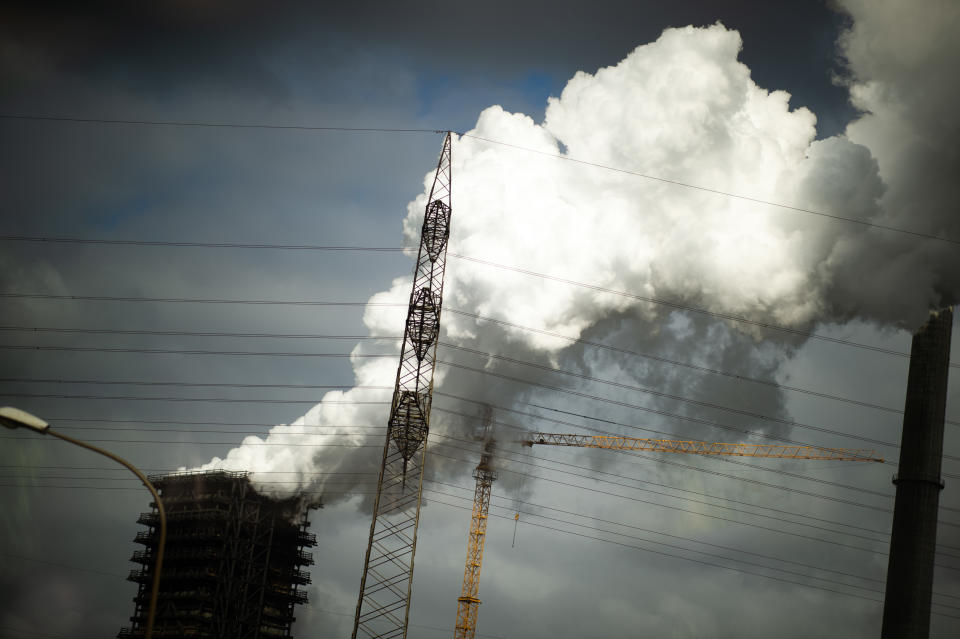German industrial orders grew in August for fourth month in a row

Germany’s industrial companies reported a 4.5% increase in orders in August from July, according to the Federal Economics Ministry.
The better-than-expected increase was powered mainly by demand from the eurozone, and marked the fourth consecutive month of growing orders.
The economics ministry revised July’s industrial orders up to 3.3% increase from June. While today’s data shows a positive rebound, orders are still 2.2% down on the year and 3.6% down on February levels, before coronavirus started spreading in Germany and lockdown restrictions were imposed.
“The catch-up process with new orders in the manufacturing sector is continuing at a remarkable pace,” the economics ministry said. "It is mainly driven by the demand from abroad."
While the industrial sector is showing signs of recovery, Germany, like most other EU countries is in the grip of a second wave of coronavirus, with cases growing in many areas of the country. A national lockdown like in March is unlikely, but localised shutdowns could be imposted on areas that show rapidly growing cases.
READ MORE: Germany to take on €96bn in new debt next year to weather COVID-19 crisis
“Whether this is just a delayed effect from the later lifting of lockdown measures in many German trading partners or a more sustainable trend is too early to tell,” ING chief eurozone economist Carsten Brzeski said in a note. “It is hard to see how the German manufacturing sector could escape another round of lockdowns in major trading partners.”
The IFO economic institute’s business expectations survey, also released on Tuesday, showed that expectations for the coming months among Germany’s industrial company chiefs had also improved a little.
READ MORE: Government incentives push electric car sales to record high in Germany
The index rose to 20.8 points in September, from 15.6 in October. Car manufacturers in particular are feeling optimistic about the future, as are companies producing leather goods, and print products.
However, Klaus Wohlrabe, head of the IFO surveys, said that expectations differ significantly in individual sectors. The mood looking ahead amongst machine builders and clothing manufacturers is much more subdued.
Watch:

 Yahoo Sport
Yahoo Sport 





































